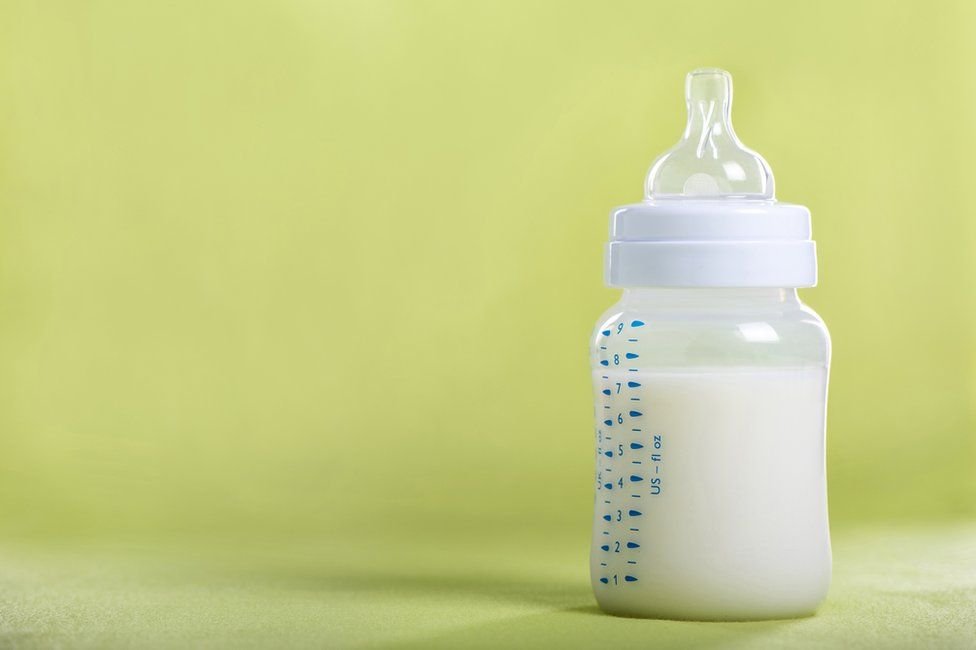Inside BENEO’s new pulse plant: pioneering sustainable protein from faba beans
WHO, UNICEF and partners are calling on governments, health workers, and the baby food industry to end exploitative formula milk marketing
More than half of parents and pregnant women (51 per cent) surveyed for a new WHO/UNICEF report say they have been targeted with marketing from formula milk companies, much of which is in breach of international standards on infant feeding practices.
The report, How marketing of formula milk influences our decisions on infant feeding, draws on interviews with parents, pregnant women and health workers in eight countries. It uncovers systematic and unethical marketing strategies used by the formula milk industry – now worth a staggering $55 billion – to influence parents’ infant feeding decisions.
The report finds that industry marketing techniques include unregulated and invasive online targeting; sponsored advice networks and helplines; promotions and free gifts; and practices to influence training and recommendations among health workers. The messages that parents and health workers receive are often misleading, scientifically unsubstantiated, and violate the International Code of Marketing of Breast-milk Substitutes (the Code) – a landmark public health agreement passed by the World Health Assembly in 1981 to protect mothers from aggressive marketing practices by the baby food industry.

